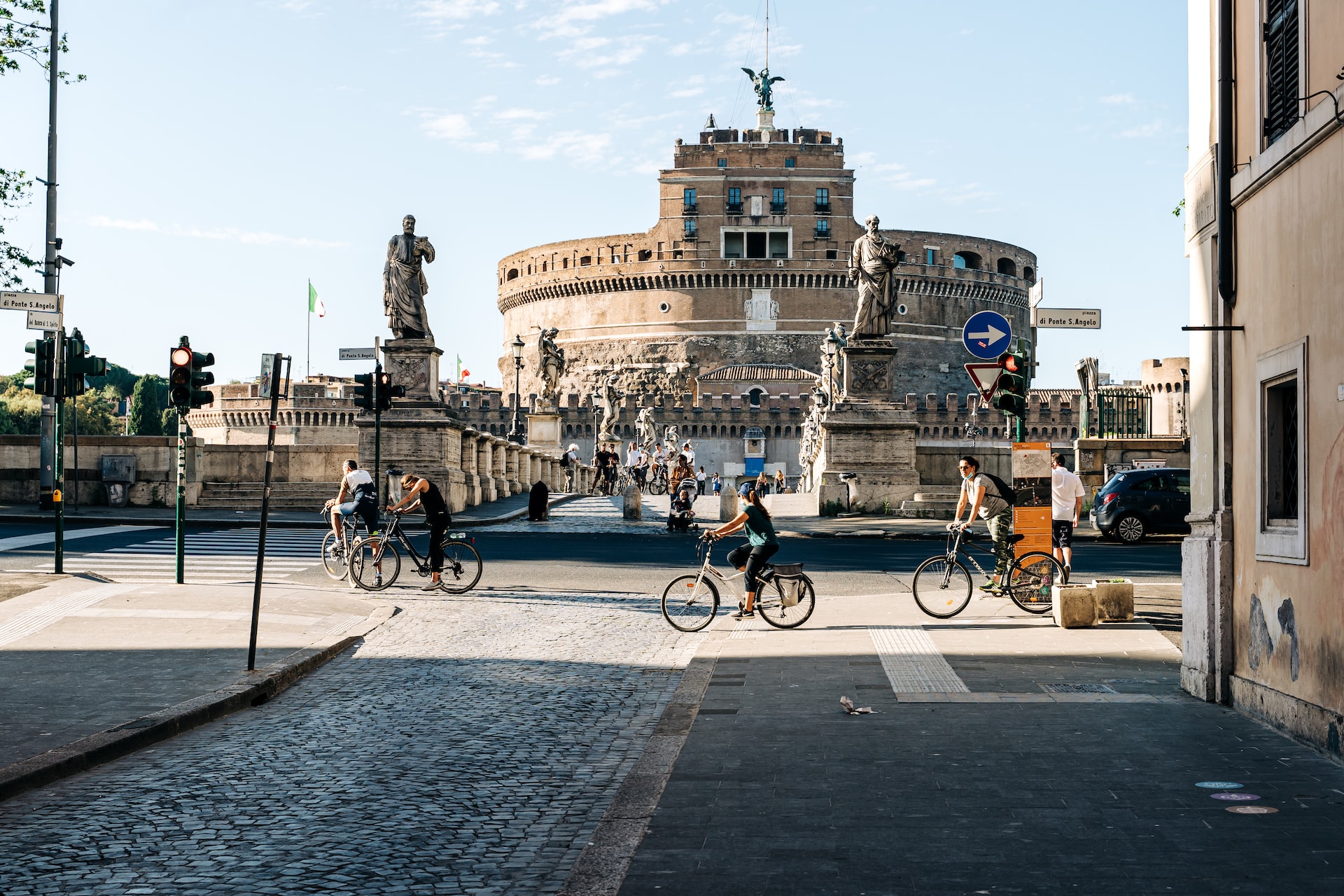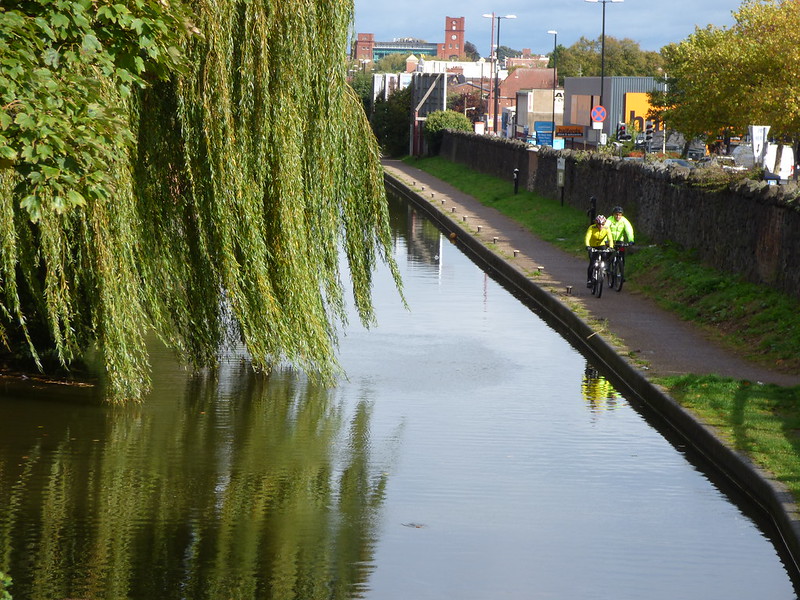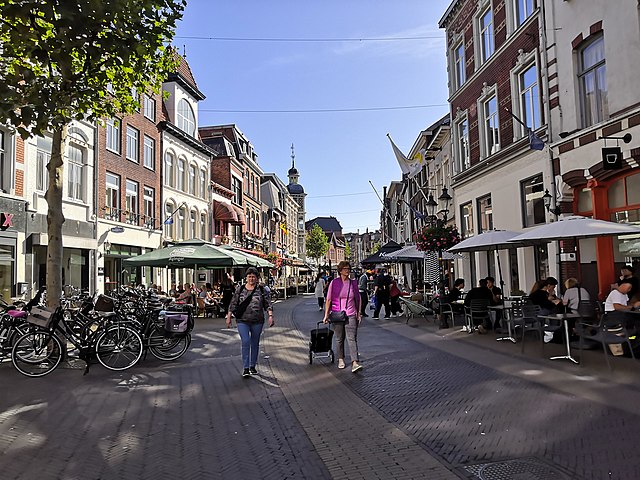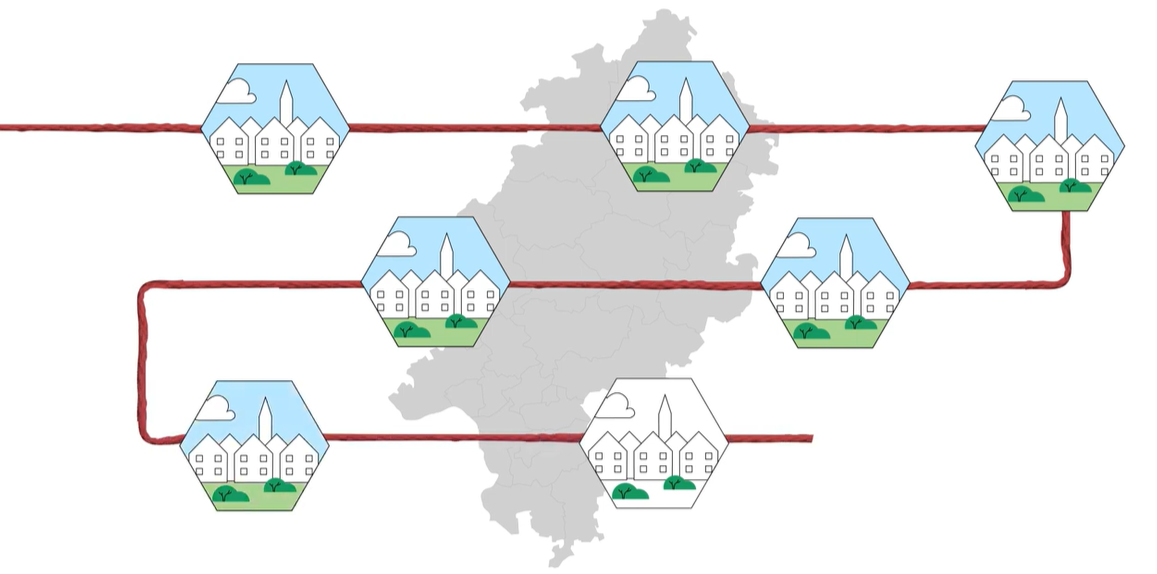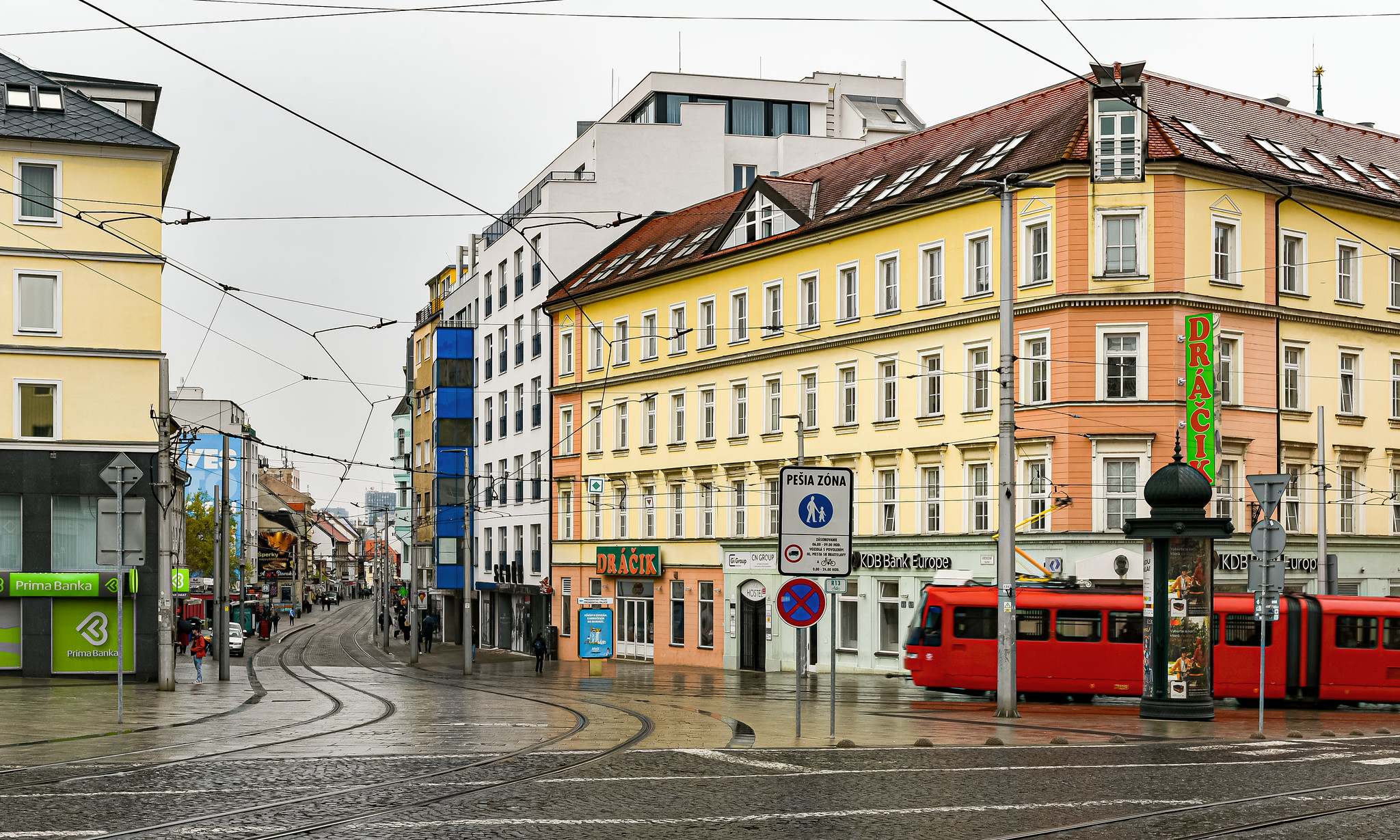Like many cities across Europe and beyond, the Italian capital of Rome (in the e-smartec Region of Lazio) has increased its spending and planning procedures around cycling and active mobility measures in response to the COVID-19 crisis, speeding up an already ongoing process favouring its Sustainable Urban Mobility Plan.
Rome's transitory cycle route plan
In particular, COVID-19 inspired the creation of a pioneering 150km transitory cycle route plan in the city. To dates (and since May 2020, the date of Rome’s City Council approval of the plan), 20km of bike lanes along main streets and other key routes have been implemented. The plan is laying the foundations for the Italian capital’s long-awaited cycling network, whose creation is making Rome one of CIVITAS Handshake’s 10 “Future Cycling Capitals”.
However, the transitory cycle route plan is only one part of Rome’s more complex cycling infrastructure strategy (more info here) - one were e-smartec plays an important part, too.
Asking the source
Surveying citizens' opinions is essential in our project, especially in the wider frame of the SUMP development. For this reason, the RSM has recently concluded its survey to promote cycling in the city - the data analysis will follow soon.
As of now, the information about the questionnaires is scattered, but quite interesting: indeed, 758 participants filled the survey, with the first results:
- 53% identified as male - the remaining 47% identified as female;
- 45% respondants declared to be between 25 and 49 years old;
- 55% declared to be older than 50;
- 44% respondants declared they cycle, while the remaining 56% answered they don't
More to come
While we are waiting for a summary of the results of the survey, the Italian capital keeps on pursuing its relentless work towards sustainable and active mobility. In July, RSM has launched the app "Rome Runs by Bike", which, in just six days from its release, had already registered 400 users.
The app, which was created to promote cycling as well as the use of electric scooters, is first and foremost a navigator. During the journey, it monitors the movement and calculates some parameters of the trip such as distance, average speed, calories consumed and CO2 emissions saved.
Citizens and companies that want to encourage sustainable commuting among their employees, as well as shopkeepers who wish to offer discounts to those who go shopping by bike or e-scooter, can participate in the "Rome Runs by Bike" trial.






